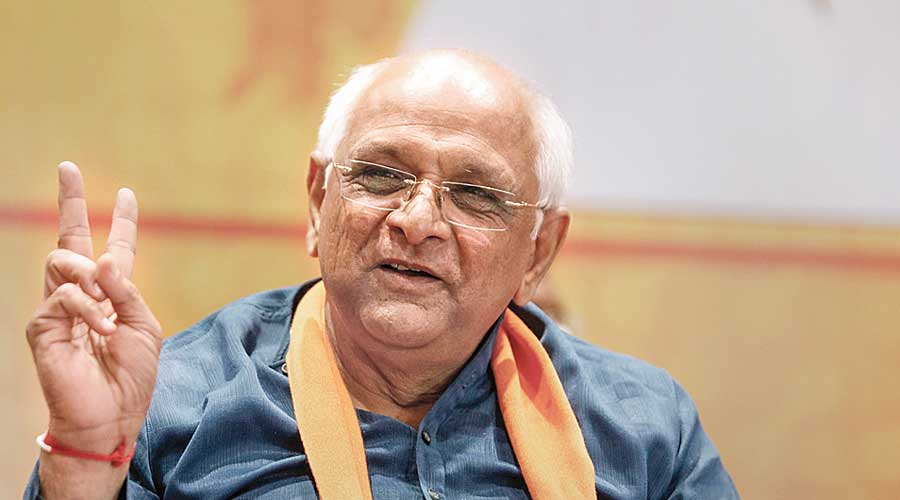How does justice work? Not the justice of the courts, of course, but of perceptions? The solicitor-general of India, Tushar Mehta, representing the government of Gujarat, said that the 11 persons convicted of setting the Sabarmati Express on fire should not be prematurely released and capital punishment for them, commuted to life imprisonment by the Gujarat High Court after the session court’s death sentence, should be restored. Since the Supreme Court ruled with regard to a case in 1980 that death be awarded only in the rarest of rare cases which shock the collective conscience of society by their diabolic quality, Mr Mehta itemised the horrible acts that led to the death of 59 kar sevaks, including women and children, in the Godhra train-burning. Because of these, the Gujarat government would not activate its policy of premature release on their behalf. Instead, the convicts should be put on death row.
Viewed theoretically, none of this is surprising. The thought of being trapped by locked doors on a burning train is truly shocking and justice must take its course. When the policy of premature release allows convicts to go free, the court-awarded sentence is aborted. So such release must be carefully weighed. The Gujarat government’s righteous passion about the crime of those convicted of burning the kar sevaks’ train must be placed against its readiness to release the 11 convicts who gang-raped Bilkis Bano and killed seven of her family members, including her infant daughter, in the violence following Godhra. Although the convicts were released during the celebrations of the 75th year of Independence, the Gujarat government made clear that their sentences of life imprisonment were not being remitted under the circular from the Centre which forbade the release of those convicted of rape and murder. Instead, their premature release for ‘good behaviour’ came under a 1992 policy. This was well done; the Centre evidently found nothing wrong in the move, since the state government had not violated its 2022 circular. The remission caused shock and outrage, and even the Central Bureau of Investigation objected. There have been petitions against the release including Ms Bano’s. A government in a democratic country is expected to be even-handed in its decisions. Undoubtedly, the Gujarat government knows it will not be faulted for ignoring this principle.










